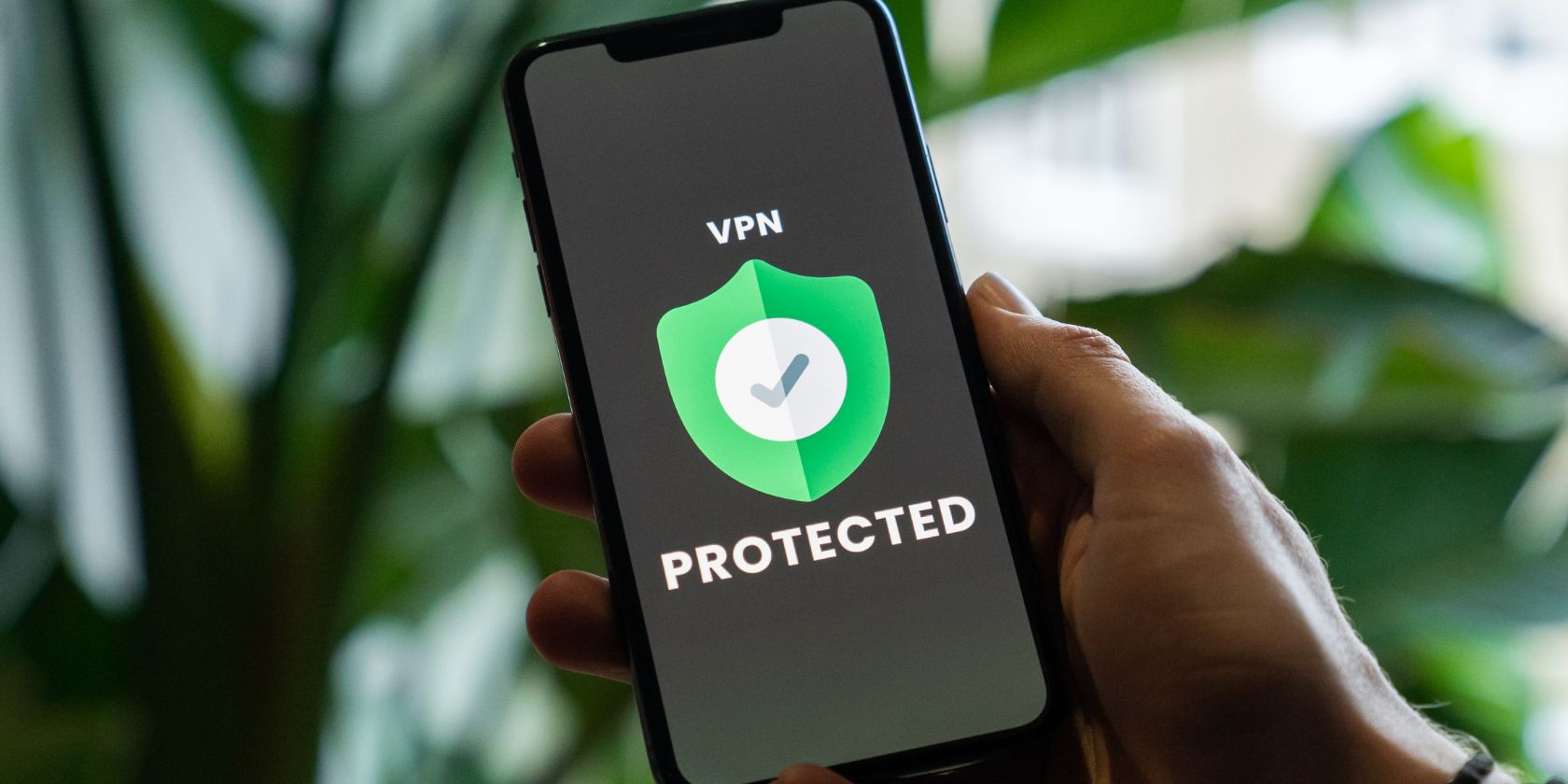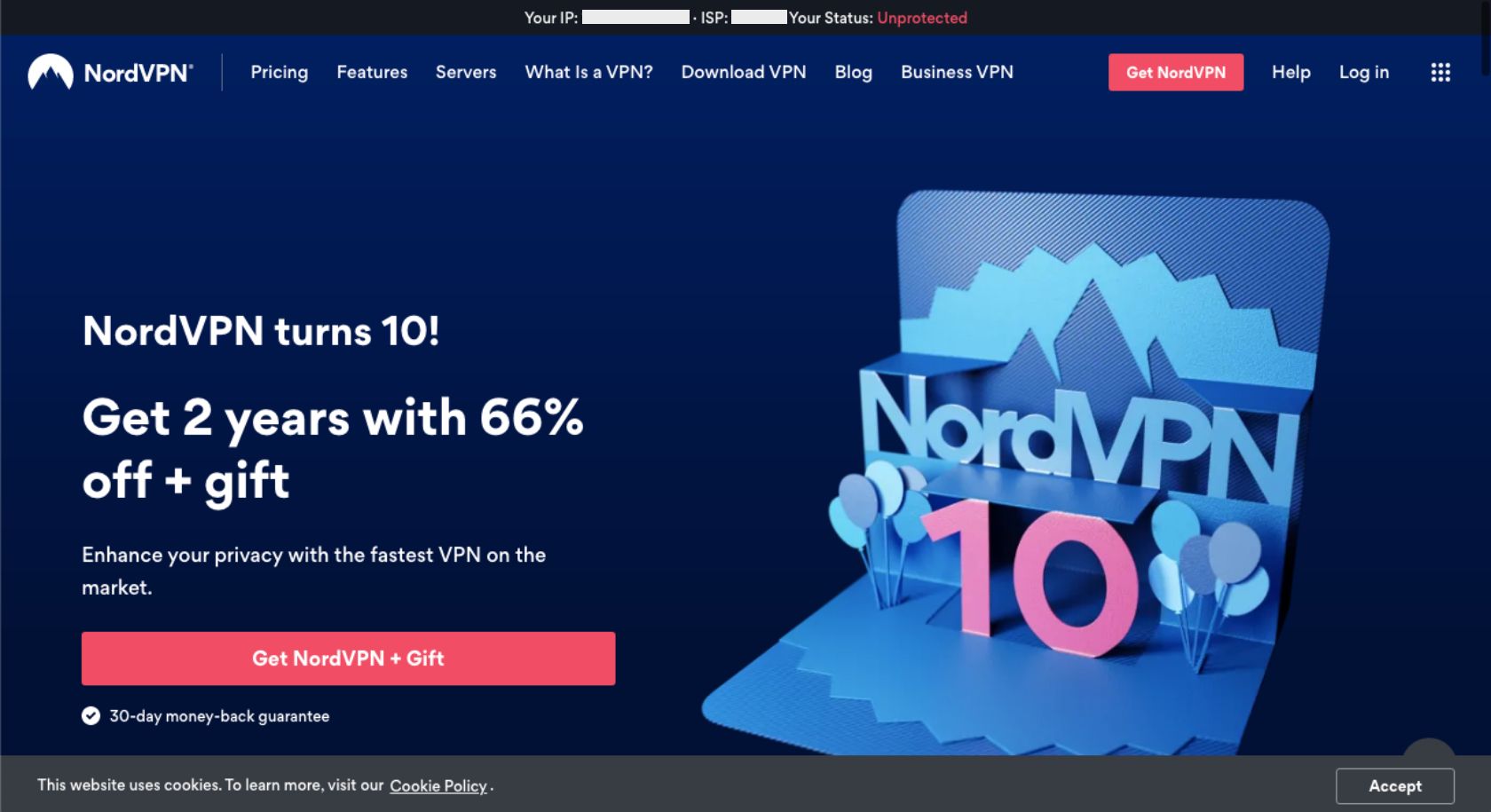VPNs are an excellent tool you can use to level up your online privacy and security. However, it may come as a surprise to you to learn that many VPN companies collect tracking data on their websites.
So why do so many VPN platforms collect cookie data on their sites? Does this necessarily mean the VPNs themselves collect tracking information?
Why Do VPN Websites Use Tracking?
When you visit a website, there’s much more going on behind the scenes than you may think. The back end goes beyond the complex coding languages, slick graphics, and carefully written copy that work together to make the front end exquisite.
In fact, the developer isn’t the only one whose job it is to build the site. The team behind most e-commerce websites typically includes a marketing professional or department. Their job is to work with the developer to attract visitors to the site and keep them around long enough to make a decision.
Whether it sells shoes, video games, or cleaning products, many of these sites use tracking as a way to collect details about visitors, the people that buy its products, and where customers learned about them. Marketing professionals analyze this information to narrow down their strategy and tailor it to their target customers.
Additionally, the site may put trackers to work using cookies or pixels to speak to third-party sites like Google. That way the advertising giant will show you ads as a reminder you once showed interest in its product or service. Certain cookies may also tell the e-commerce website other information about you; for instance, if you’re a LinkedIn user.
Like any business, VPNs need to market their services too. So marketing teams have adopted this common tactic because of its effectiveness.
Does This Mean the Actual VPNs Use Tracking?
Just because a company uses a common marketing tactic to sell its VPN does not mean its product will collect and log information about you.
For example, when you visit the NordVPN website, you know right away it has tracking. It displays your IP address and ISP right at the top to show your current setup isn't protecting you from sharing that data with trackers. You can also see exactly what tracking measures the website uses when you click into its cookies policy.
The company makes its use of trackers on the website no secret. However, implementing an all too common marketing tactic doesn’t mean the company collects and uses your data through its VPN.
Nord’s policy on the matter is transparent. When using NordVPN Services, which includes the website and account login, the company processes some data for technical, analytical, and marketing purposes. It also details why this happens and how you can opt out of certain settings within the app.
Despite the need for the VPN to process some data to do its job, or for Nord to make improvements, Nord guarantees a strict no-logs policy while you're using the service's VPN, i.e. "your internet activity while using NordVPN Services is not monitored, recorded, logged, stored or passed to any third party."
Thankfully Nord, like many other VPN companies, details exactly what it does with your data so you can do what you feel is best to make an informed choice. Yes, it's also a matter of trust, but such is the story with the many apps and devices you use daily.
MUO Exclusive: Enjoy big savings and a 30-day money-back guarantee from NordVPN!
Double-Check the Privacy Policy
It may not be the most thrilling task, but the best way to be sure a VPN is right for you is to take a look at its privacy policy and see for yourself. Companies like NordVPN, SurfShark, and ExpressVPN offer a complete overview of how they process your data from the initial marketing stage on their website, to sign up, and use.
You can also click the cookie policy if you’re curious about how a VPN, or any other product or service, uses trackers on its site.



